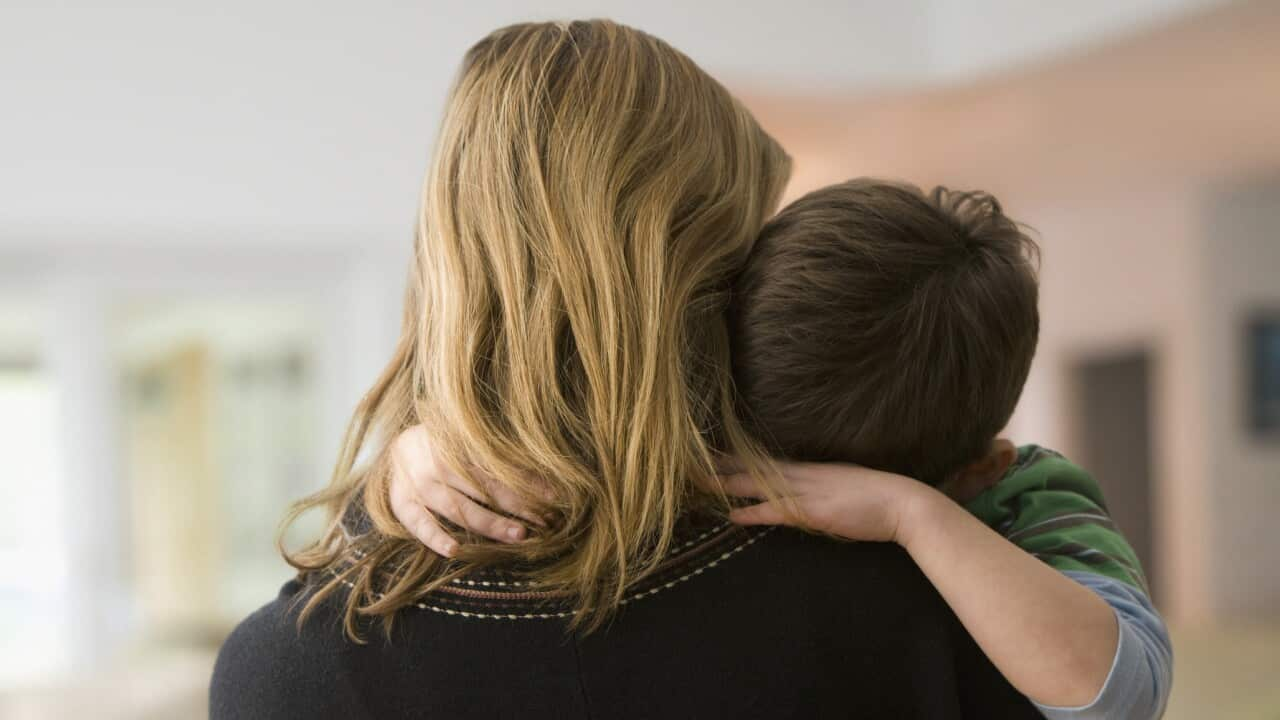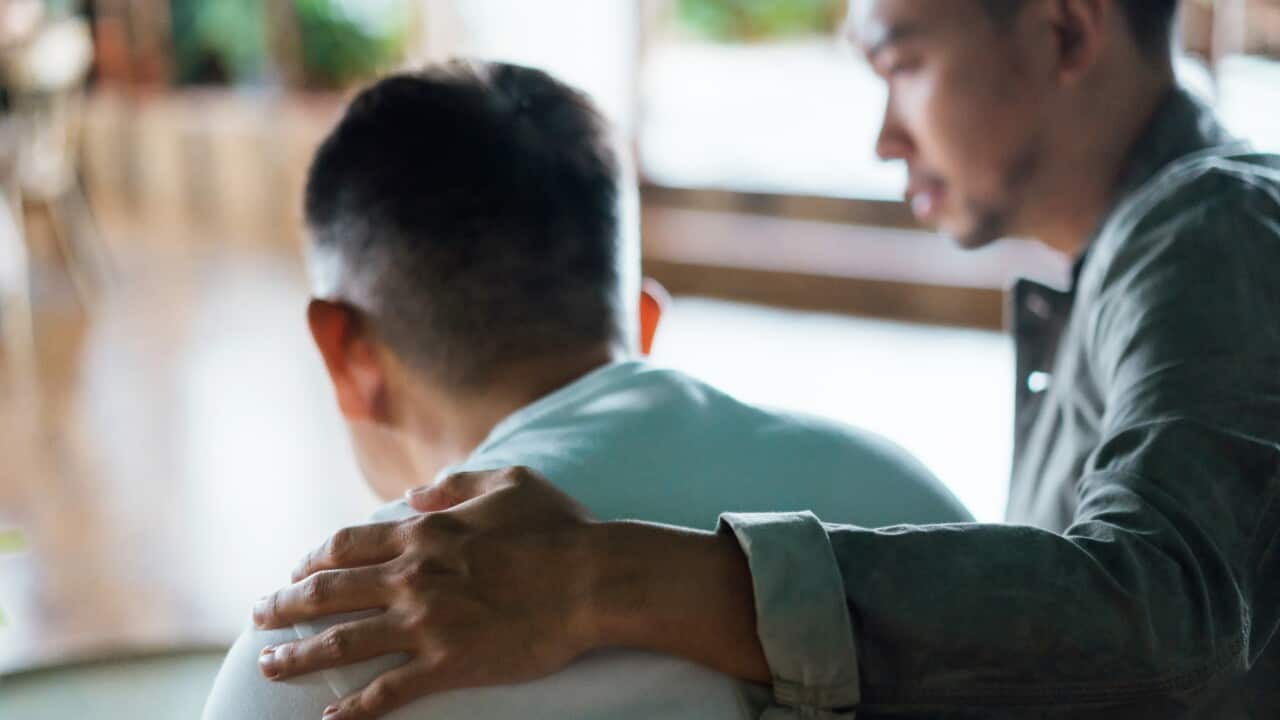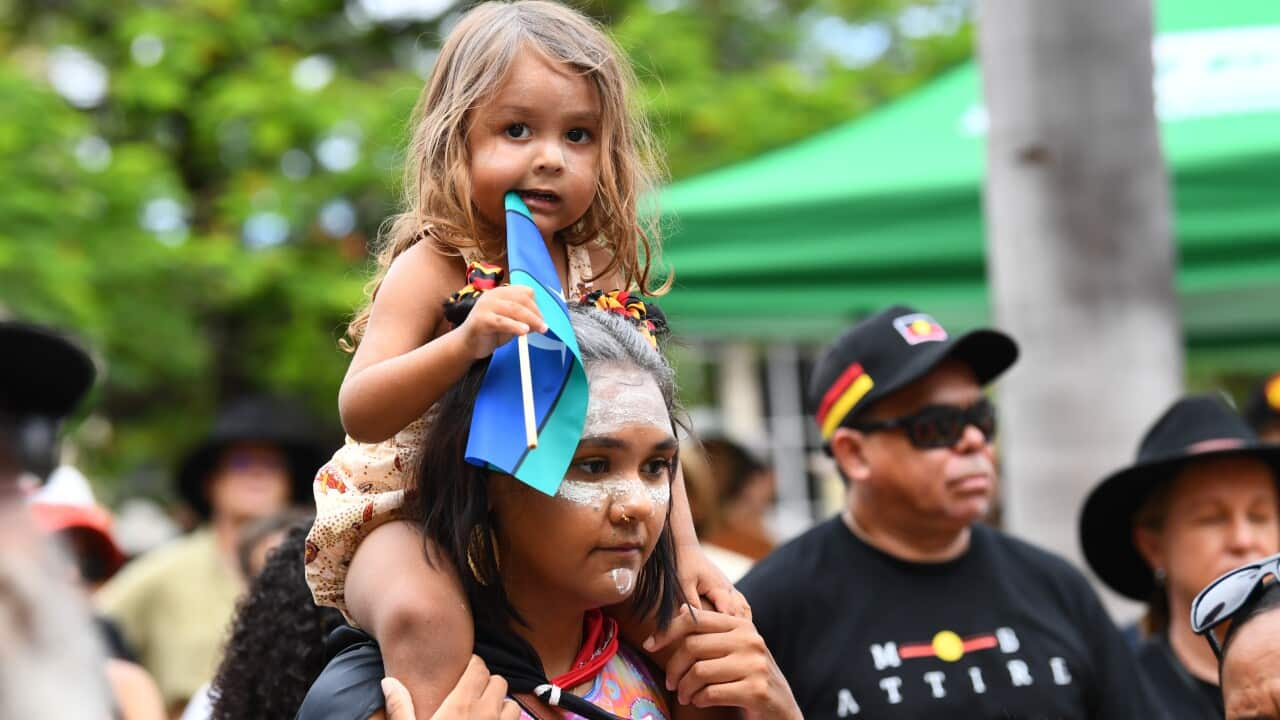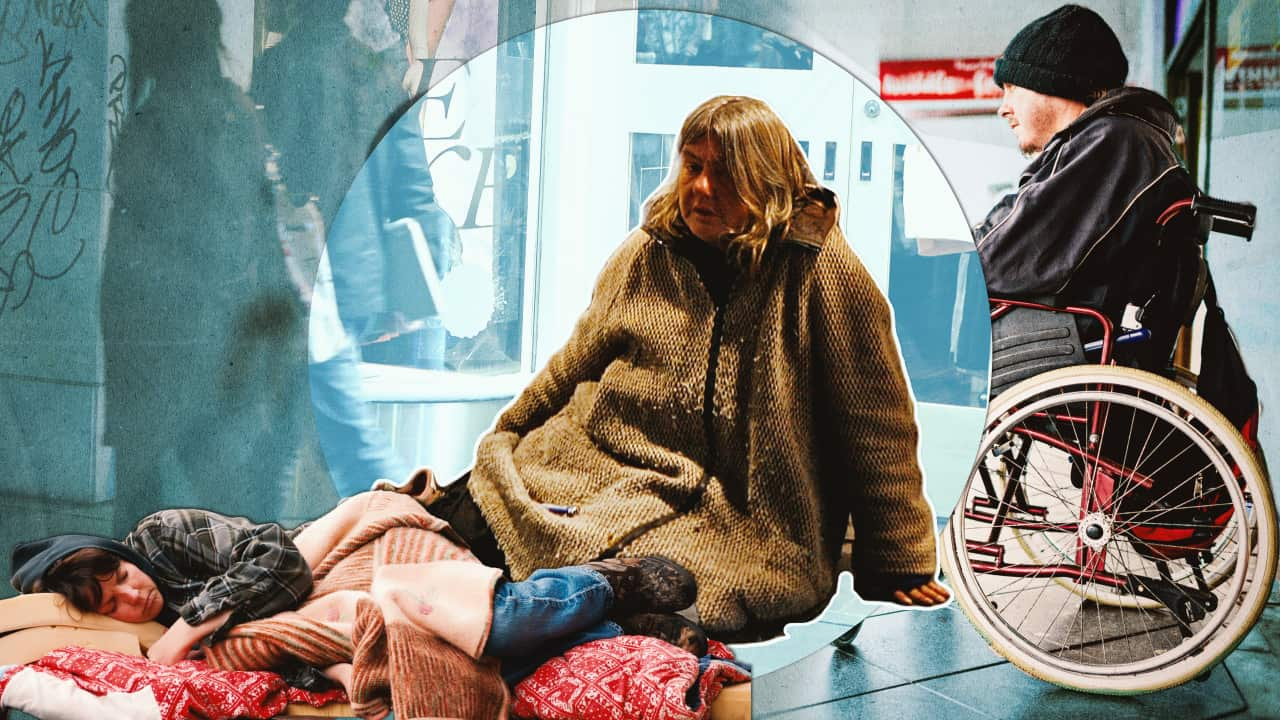Key Points
- Trauma can have a profound impact on brain structure and function
- With the right help, a child can recover from recent and historical trauma
- In some cases, professional help is necessary
Dr Dave Pasalich, Senior Lecturer and Clinical Psychologist in the School of Medicine and Psychology, ANU, says trauma can result from a wide range of experiences.
“Children experience trauma when they're exposed to very harmful or threatening events, and they feel overwhelmed, distressed, and helpless,” Dr Pasalich explains.
“These intense events include things like natural disasters or car accidents, war, violence, abuse, and even distressing separations from caregivers.”
Norma Boules is the Early Intervention Project Officer at the Community Migrant Resource Centre (CMRC) in Parramatta, in Greater Sydney.
CMRC offers specialised support services to newly arrived migrants, refugees and humanitarian entrants.
Mrs Boules often works with the parents and caregivers of children who have experienced traumatic events, like war, being displaced or being the victim of violence at home.
“I know from the beginning that something [traumatic] has happened when three or four-year-old children are very aggressive,” Mrs Boules explains.

As well as focusing on individual cases, Mrs Boules also runs a few parenting education programs, including the Circle of Security, a program that helps parents understand their child’s emotional world. Credit: Mikael Vaisanen/Getty Images
The impact of trauma on the brain
Dr Pasalich says trauma, especially when experienced during critical developmental periods, can have a profound impact on brain structure and function.
“Essentially, when a child is exposed to trauma, the whole world is flipped upside down, so what used to be safe is now dangerous and scary,” Dr Pasalich says.
“We know that trauma can impact children's brain and social-emotional development, but also their long-term wellbeing,’” he adds.
In general, trauma can affect how children behave, how they think, how they feel, and how they relate to others in relationships, and so this can impact how they function both at home and school, he says.
Trauma can cause a child to feel on edge a lot of the time and to see more threats around them than there really is, and this can lead them to feel unsafe and scared.Dave Pasalich
Dr Pasalich adds that the brain's limbic system, particularly the amygdala, may become more sensitive to potential threats, leading to increased anxiety and fear responses.
“Children who experience prolonged exposure to traumatic events really shift into survival mode in their brain and their body, and they do this to adapt to the chaos and the constant danger,” he explains.
Bree De La Harpe, Play Therapist at the Be Centre Foundation in Sydney, says when a child is in fight or flight mode, they are not fully aware of their actions.
“They're in the reptilian part of their brain often they don't even realise what they're doing if they're throwing a punch or absconding from school; a lot of the time, it's that part of their brain that takes over,” Ms De La Harpe explains.
“It’s their nervous system in that state of, 'I need to protect myself because, I don't feel safe,’” she adds.

As well as showing hyperarousal symptoms, such as hyperactivity, hypervigilance or being easily frightened or startled, a child can also show signs of the hypoarousal —where the child may seem physically slow or sluggish in their movements, may struggle to concentrate, may withdraw from social interactions and may seem less engaged with their surroundings. Credit: MoMo Productions/Getty Images
What can parents and caregivers do to help?
Melanie Deefholts is a consultant who has supported parents and teachers in schools Australia-wide for the last 14 years. She emphasises the importance of parents and caregivers caring for their mental and emotional well-being.
“For me, part of holding that ground for a child is recognising I'm part of the ground they're standing on, and asking myself, ‘how am I’?” she says.
Dr Pasalich highlights the importance of parents and guardians attuning to the child’s feelings and needs.
“It's really important for parents, first of all, to use what we call ‘sensitive parenting’ — essentially being curious about what your child's behaviour may be telling you about their deep needs.”
For example, if the child feels unsafe and that the world is unpredictable, they might display controlling or even aggressive behaviour. He explains that instead of reacting to this controlling behaviour, we should try to step back and respond to the child's deepened need for security.
“But instead of reacting to this controlling behaviour, we should really try and step back and respond to the child's deepened need for security...Your child would need you to be calm and loving in order to aid their recovery,” Dr Pasalich advises.

Dr Pasalich says if a parent is able to provide a supportive relationship and family for that child, many children do recover naturally from traumas. Credit: aquaArts studio/Getty Images
Tiana Wilson, a Psychotherapist and currently a Play Therapist at Be Centre, explains that trauma does not need to be recent for recovery to be possible.
A lot of trauma is held unconsciously, and that absolutely can be nurtured, held, supported, and healed. It does not need to be an immediate fix. Obviously, the earlier we can intervene and support, the better.Tiana Wilson
Dr Pasalich suggests that in some cases, professional help may be necessary.
“We do expect there will be a period of adjustment for any child who has been exposed to traumatic event, however, if your child is not showing a path of recovery, or perhaps if the problems escalate and impact on their everyday life, then it's really important to seek professional help,” Dr Pasalich says.
Where to get help
- Your GP (doctor), mental health specialist, such as a psychiatrist, psychologist, counsellor or social worker
- Your local community health centre
- on
- on
- on






